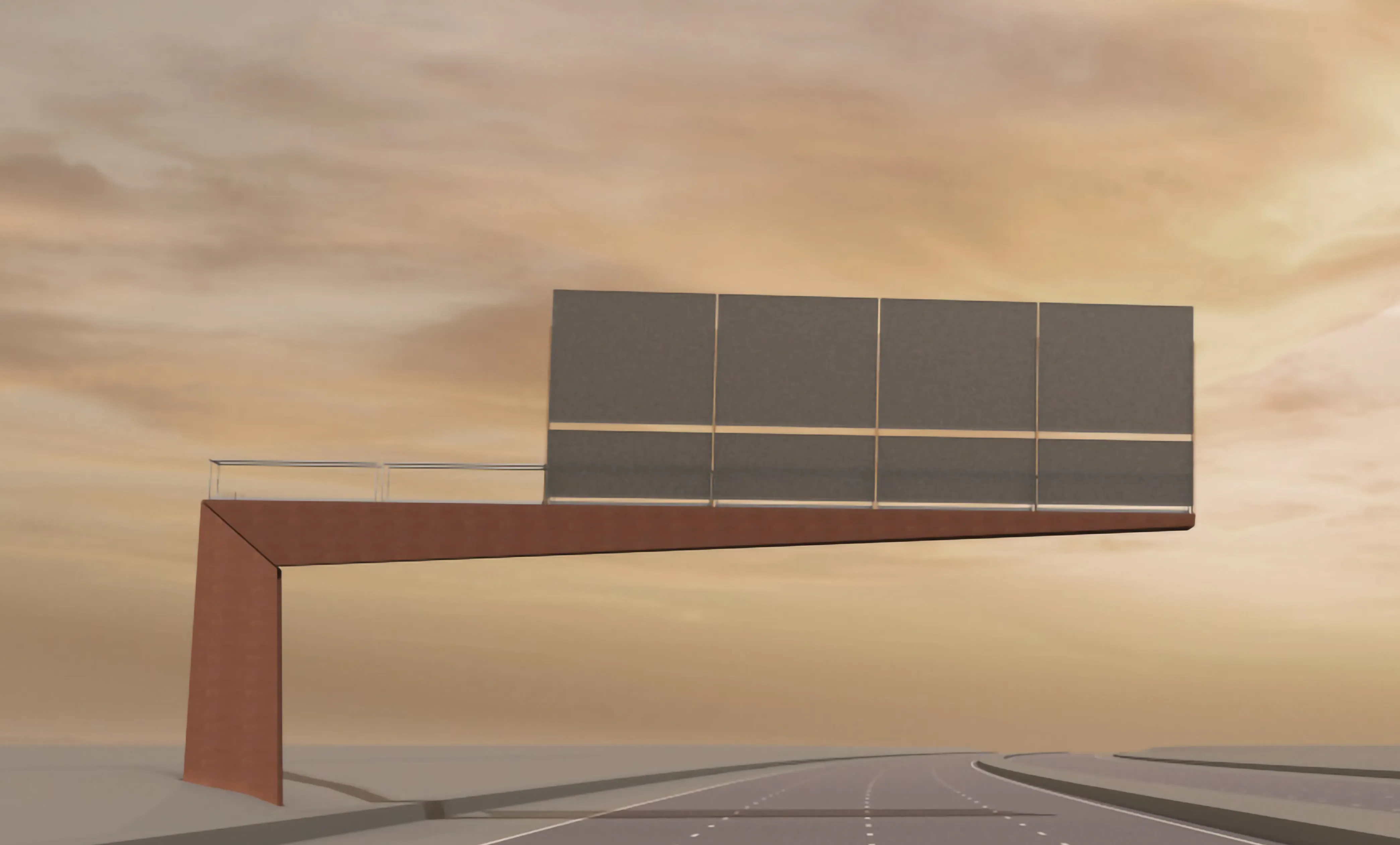Five companies will present ideas ranging from smart traffic lights to segregated driverless zones in a competition to make UK roads fit or driverless cars. The candidates will receive £30,000 to test ideas, with £50,000 prize available to the winner this autumn.
The National Infrastructure Commission shortlisted the companies from 81 entries submitted to The Roads for the Future initiative – led by Highways England and Innovate UK.
Aecom is examining how smart signals could advise drivers and vehicles the speed they should be driving at, so they can arrive at the next set of traffic lights as they turn green. The technology is intended to cut congestion and eliminate stop-go driving. This concept will be tested using a simulation model on the A59 in York.
Arup is looking at how kerbsides with fixed features such as double yellow lines, parking bays and bus stops could become more flexible and change according to the time of day and levels of demand. The team will select a high street in London to test their FlexKerbs model.
City Science is investigating how sections of existing roads could be dedicated to driverless cars and make it easier to manage risks and integrate connected and autonomous vehicles into the existing transport network.
Immense Solutions is examining how artificial intelligence could help sat-nav systems learn better routes to help driven and driverless cars change course to avoid congestion. The concept will be tested in collaboration with Oxfordshire County Council using simulations on Abington Road, Thames Street, Oxpens Road and Botley Road.
Leeds City Council is investigating how data generated from digitally connected cars could be used to improve traffic light systems and allow highway authorities to manage traffic on their roads better and reduce tailbacks. The team will conduct its test using models of roads across the city.
Five companies shortlisted for Roads of the Future project
Five companies will present ideas ranging from smart traffic lights to segregated driverless zones in a competition to make UK roads fit or driverless cars. The candidates will receive £30,000 to test ideas, with £50,000 prize available to the winner this autumn. The National Infrastructure Commission shortlisted the companies from 81 entries submitted to The Roads for the Future initiative – led by Highways England and Innovate UK. Aecom is examining how smart signals could advise drivers and vehicles
May 29, 2018
Read time: 2 mins








